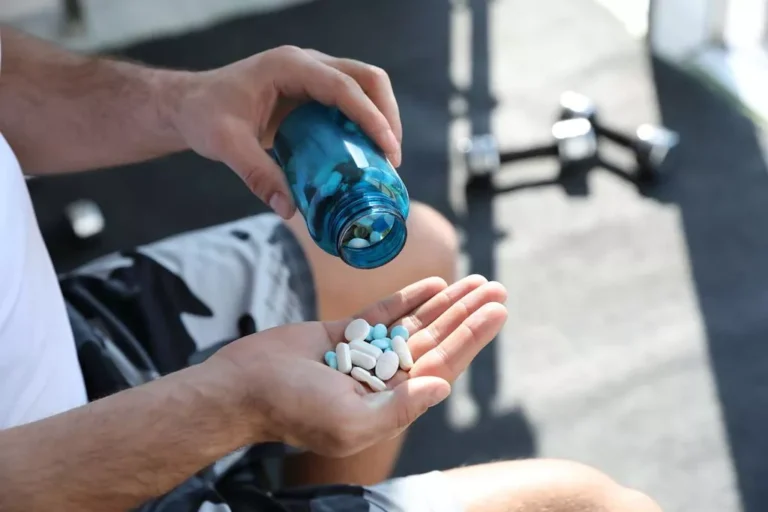
Dr. Wakim is a board-certified psychiatrist with a passion for cocaine addiction treatment and expertise in addiction, mood disorders, trauma-related disorders and the subspecialty of interventional psychiatry. He obtained his medical degree from West Virginia University where he also completed his residency training, finishing as chief resident. Dr. Wakim co-founded and served as the CEO of Transformations leading to a successful merger with Shore Capital in May 2021. He is purpose driven towards improving the standard of and removing stigma related to behavioral healthcare. Dr. Wakim enjoys golf, traveling and time spent with his two dogs, Lulu and Rayna.
Medical Treatments
- Three fundamental steps to stop taking cocaine include acknowledging the issue, obtaining professional help, and crafting a tailored recovery plan.
- To prevent the “coming down” effect, the user will snort more cocaine each hour or less to keep the high going and to prevent withdrawal symptoms.
- One of the most common methods of cocaine use is to snort the drug, which causes effects that last for about an hour and then gradually taper off.
- This guide delves into the principles, techniques, and efficacy of CBT, offering a comprehensive overview for those seeking a path to recovery.
Cocaine is one of the most widely abused stimulants in the United States and is the cause of thousands of overdoses and physical complications leading to emergency room visits each year. Over 2.1 million Americans have used cocaine at least once in their lives. Cocaine is one of the oldest known drugs and has been abused around the world for decades. Cocaine addiction leads to extreme physical and psychological consequences that can have permanent effects on the user and those around them.
- In a professional detox program, you can expect 24/7 medical supervision, counseling sessions, and support groups.
- The main goal of detoxification is to restore the body to its natural state of chemical equilibrium after eliminating the stimulant from the system.
- For example, the effects of smoking last 5 to 10 minutes, but are felt immediately.
The Fathomless Risk of Fentanyl
Long-term sobriety from cocaine addiction is achievable with the right strategies, support, and lifestyle changes. Recovery is not just about stopping drug use; it’s about rebuilding a fulfilling, healthy life. By staying engaged in treatment, surrounding oneself with supportive people, and developing effective coping mechanisms, individuals can sustain lasting freedom from addiction. Unlike substances such as opioids, cocaine does not have an FDA-approved medication for treatment, making behavioral therapies and structured recovery programs critical for long-term success.

Cocaine withdrawal explained
To access Cognitive Behavioral Therapy (CBT) for Drug rehabilitation addiction, it is essential to identify local treatment facilities or therapists specializing in this structured approach. Many resources are available online, such as therapy directories or mental health organizations, where individuals can search for licensed therapists trained in CBT. Additionally, local community health centers often provide information on available CBT programs. Numerous clinical trials support the effectiveness of contingency management, demonstrating significant improvements in treatment outcomes.
Common Relapse Triggers:

Dive into the science and impact of social media addiction, plus effective strategies to regain control. Overcoming addiction is a life-long journey that involves many ups and downs. Discover the hidden dangers of substance use, abuse, and chemical dependency, its impacts, and recovery.

